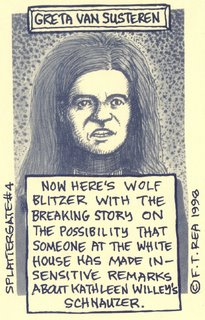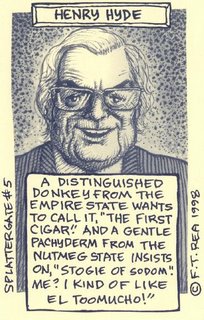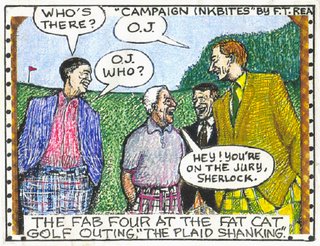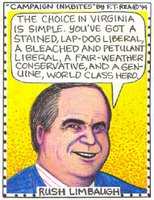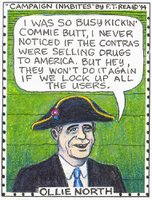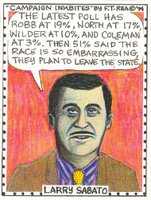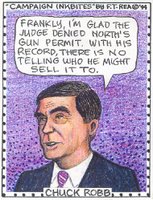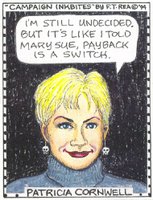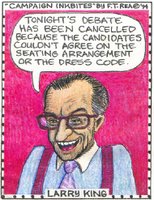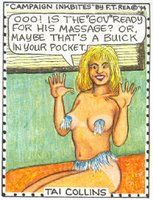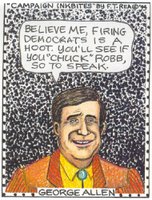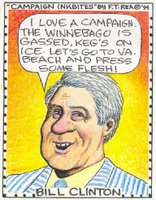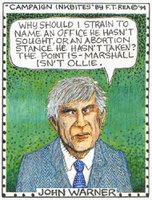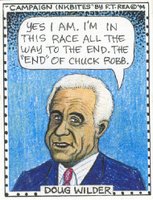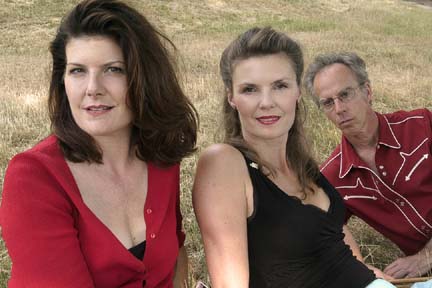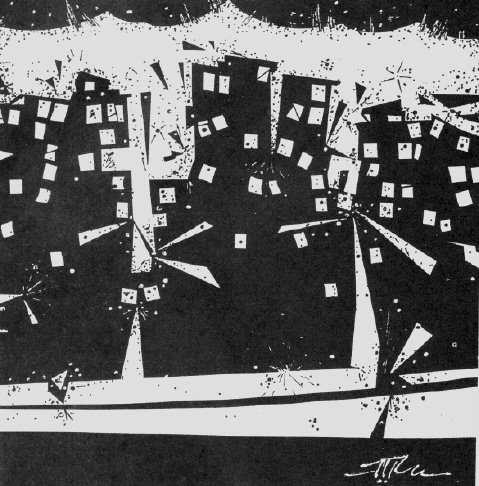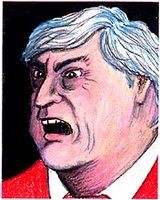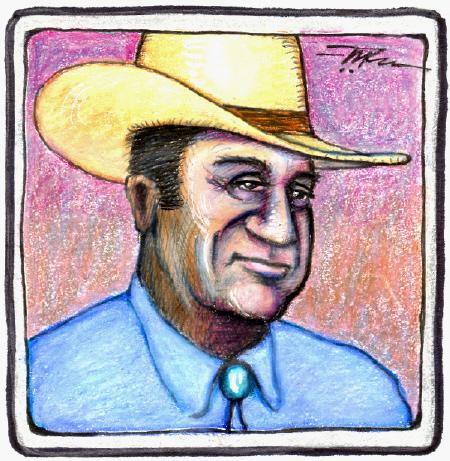Central Time
Fiction by F. T. Rea
For Veterans Day, “Central Time,” one of series of short stories I have penned is offered. Set 40 years ago, it’s about a Virginian's trip by train to boot camp in Illinois. As with the other stories in the series, called “Detached,” this one is set around a singular transforming splinter of time.
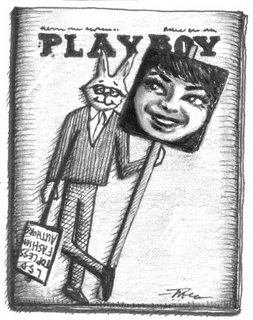 August 16, 1966:
August 16, 1966: Roscoe Swift sat alone in a day car slowly rattling its way into Central Station. The solitary sailor had spent the last hour turning the glossy pages of
Playboy and contemplating infinity. As the train lurched he glanced out of the window at Tuesday morning, Chicago style.
Roscoe had sequestered himself from the marathon poker game in the club car. The stepped up call for wild cards and split pots, by the various dealers, had finally driven him from the table. His resolute grandfather had schooled him to despise such frilly variations on the already-perfect game of poker.
“Gimmicks like that were invented to keep suckers in the game,” was the old man’s admonition.
This was hardly the day Roscoe wanted to invite the sort of jinx that might be set in motion by disregarding absolutes.
In the magazine’s lengthy interview section LSD pioneer Timothy Leary ruminated on his chemically enlarged view of the so-called Youth Movement. Professor Leary called the current crop: “The wisest and holiest generation that the human race has yet seen.”
The subculture forming around psychedelic drugs in that time was opening new dimensions of risk for 19-year-old daredevils. Roscoe wondered if he would ever do acid. His friend Bake had tripped and lived to tell about it.
There was a fresh dimension to the conflict in Vietnam that month, as well. The Cold War’s hottest spot was being infused with its first batch of draftees; some 65,000 were being sent into the fray, like it or not. Until this point it had been the Defense Department’s policy to use volunteers only for combat duty.
Also, on the home-front, quakes of change were abundant: A 25-year-old former Eagle Scout, Charles Whitman, climbed a tower on the University of Texas campus and shot 46 people, at random, killing 16; comedian/first amendment martyr Lenny Bruce was found dead -- overdosed and fat belly up -- on his bathroom floor; news of songwriter/musician John Lennon’s playful crack -- “We’re [the Beatles] more popular than Jesus Christ now” -- inflamed the devoutly humorless; and reigning Heavyweight Champ, Muhammad Ali, bent all sorts of folks out of shape with his widely reported quip -- “I ain't got nothing against them Viet Cong.”
Since leaving Main Street Station in Richmond, Virginia the morning before, Roscoe had traveled - via the Chesapeake and Ohio line - through parts of West Virginia, Ohio, and Indiana, on his way to Illinois.
Taking leave from the airbrushed charms of September’s Playmate of the Month his mind kaleidoscoped to the sound of his girlfriend Julie’s laughter.
As a preamble to Roscoe’s departure for basic training he and Julie had spent the weekend in Virginia Beach, trying their best to savor the bittersweet taste of war-torn romance, black and white movie style. As luck would have it, the stately Cavalier Hotel’s central air conditioning system went on the blink the Friday they arrived.
Since the hotel’s windows couldn't be opened that meant the sea breeze was unavailable for relief from the heat wave. Nonetheless, they stayed on, because the hotel itself, a stylish relic of the Roaring ‘20s, meant something. After two years of catch-as-catch-can back-seat romance, this was where they had chosen to spend their first whole night together.
That evening they stretched out on the bed and sipped chilled champagne. With the hotel-supplied fan blowing on them at full blast, suddenly, a good-sized chunk of the ceiling fell onto a chair across the room.
After Roscoe mischievously reported the strange problem to the front desk -- “I hate to sound like Chicken Little, but perhaps you have a safer room?” -- Julie suggested a barefoot stroll on the beach to cool off.
Walking in the surf, neither of them had much to say. An hour later Julie and Roscoe were happily soaked as they returned to the hotel. With a little snooping around the pair discovered the door to the Cavalier’s indoor pool was unlocked. As it was well past the posted time for the pool to be open and the chlorine-smelling room was nearly dark, they reasoned that the facility was at their disposal for a little skinny-dipping.
*
Stepping off the train, Roscoe was two hours from another train ride. This one, aboard a local commuter, would finish the job of transporting him from Richmond’s Fan District - with its turn-of-the-century townhouses - to a stark world of colorless buildings and punishing grinders: Great Lakes Naval Training Center was his destination.
In the last month Roscoe had listened to plenty of supposedly useful yarns of what to expect at boot camp. Concerning Chicago, he could recite facts about the White Sox, the Cubs and the Bears; he had seen the movie about Mrs. O’Leary’s cow and the big fire; he thought Bo Diddley was from Chicago. One thing was certain, Seaman Recruit Swift knew he was further from home than he’d ever been.
Outside the train station on the sidewalk, “They’re Coming to Take Me Away” -- a novelty tune on the summer's Top 40 chart -- blared appropriately from the radio of a double-parked Pontiac GTO.
After laughing at the ironic coincidence of the music, Roscoe, Zach, Rusty, and Cliff - comrades-at-arms in the same Navy Reserve unit in Richmond for four months of weekly meetings - considered their options for killing the time between trains, and they spoke of the ordeal ahead of them.
“That’s it, man.” Rusty explained. “The Navy figures everybody eats Jell-o, so that’s where they slip you the dose of saltpeter.”
“Get serious, that’s got to be bullshit,” said Zach. “The old salts tell you that to jerk you around.”
“OK, Zach, you can have
all my Jell-o,” Rusty offered.
“Not even a breeze; what do y’all make of the Windy City?” asked Cliff. “It’s just as damn hot up here as it was in Richmond.”
A couple of blocks from the station the team of eastern time-zoners, outfitted in their summer whites, stopped on a busy corner to scan the hazy urban landscape. Finding a worthwhile sightseeing adventure was at the top of their agenda.
Answering the call, a rumpled character slowly approached the quartet from across the street. Moving with a purpose, he was a journeyman wino who knew a soft touch when he could focus on it.
In a vaguely European accent the street-wise operator badgered the four out of a cigarette, a light, two more cigarettes for later, then a contribution of spare change. When the foul-smelling panhandler demanded “folding money” Roscoe turned from the scene and walked away. His pals followed his lead. Then the crew broke into a sprint to escape the sound of the greedy beggar’s shouts.
Rusty, the fastest afoot, darted into a subway entrance with the others at his heels. Cliff was laughing so hard he slipped on the steps and almost fell.
As Roscoe descended the stairway into the netherworld beneath the city, he was reminded of H. G. Wells’ “Time Machine” and observed, “I guess this must be where the Morlocks of the Midway would live; if there are any.”
Zach smiled. No one laughed.
The squad agreed that since they were already there, and only Rusty had ever seen a subway, a little reconnoitering was in order. Thus they bought tokens, planning only to look around, not to ride. Roscoe, the last to go through the turnstile, wandered off on his own to inspect the mysterious tracks that disappeared into darkness.
Standing close to the platform’s edge, Roscoe wondered how tightly the trains fit into the channel. As he listened to his friends’ soft accents ricocheting off the hard surfaces of the deserted subway stop, he recalled a trip by train in 1955’s summer with his grandfather. Roscoe smiled as he thought of his lifelong fascination with trains. Unlike most of his traveling companions, he was glad the airline strike had forced them to make the journey by rail.
Walking aimlessly along the platform, as he reminisced, Roscoe noticed a distant silhouette furtively approaching the edge. It appeared to him to be a small woman. She was less than a hundred yards down the tracks. He watched her carefully sit down on the platform. Seconds later she slid off, disappearing into the dark pit below.
Although Roscoe was intrigued, he felt no sense of alarm. Not yet. He didn’t wonder if it was a common practice for the natives to jump onto the subway tracks. He simply continued to walk toward the scene, slowly taking it in, as if it were a movie. When Zach caught up with him Roscoe pointed to where the enigmatic figure had been.
Roscoe shrugged, “What do you make of it?”
To investigate the two walked closer. Eventually they saw a gray lump on the subway tracks.
Zach asked in a hushed voice, “Could
that be her?”
When the unmistakable sound of a train began to report from the tunnel’s void, what had been a puzzle was solved.
Roscoe screamed at the woman, “Get up!”
The scene took on a high-contrast, film noir look when the tunnel was lit up by the oncoming train’s light. The two desperate sailors waved their arms frantically as they ran toward the train to get the driver’s attention. The woman remained clenched into a tight ball, ready to take the big ride. Suddenly the brakes began to screech horrifically, splitting seconds into shards. Metal strained against metal as the train’s momentum carried it forth.
Roscoe's senses were stretched to new limits. Tiny details -- angles of light and fragments of sound -- became magnified. All seemed caught in a spell of slow motion and exaggerated intensity.
Click
here to read the rest of the story.
(Illustration by F. T. Rea)
 Jack Leigh, who died a couple of years ago, was part of the Biograph Theatre’s staff in late-1973/early-1974. He was earnest and quick-witted. Jack liked to play chess and talk about movies, and of course -- photography. In those days he was already a very good photographer.
Jack Leigh, who died a couple of years ago, was part of the Biograph Theatre’s staff in late-1973/early-1974. He was earnest and quick-witted. Jack liked to play chess and talk about movies, and of course -- photography. In those days he was already a very good photographer.










